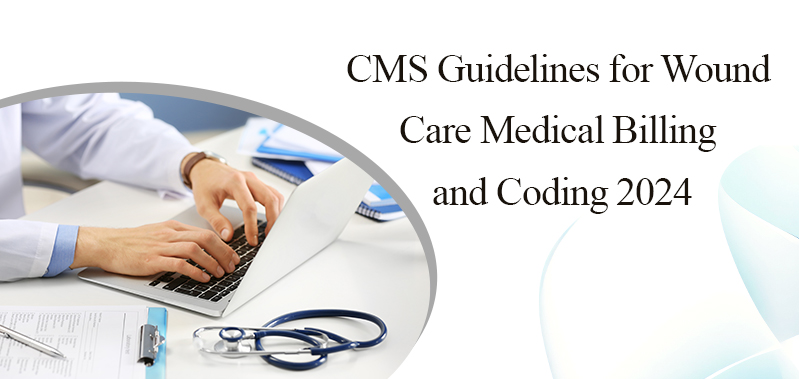
CMS Guidelines for Wound Care
Wound care is an essential part of healthcare, especially for patients with chronic wounds, surgical incisions, or pressure ulcers. The Centers for Medicare & Medicaid Services (CMS) has specific guidelines that healthcare providers must follow to ensure proper treatment and reimbursement. These guidelines help maintain high standards of care while preventing fraud and unnecessary costs.
Documentation Requirements
To qualify for Medicare or Medicaid reimbursement, healthcare providers must document wounds properly. This includes:
-
Detailed wound description (size, depth, appearance, and location)
-
Patient history and risk factors
-
Treatment plan (wound dressings, medications, or procedures)
-
Progress notes (healing process and any complications)
Incomplete or inaccurate documentation may lead to claim denials.
Medicare Coverage for Wound Care
CMS covers wound care services if they are medically necessary. Some common services include:
-
Debridement (removal of dead tissue)
-
Negative Pressure Wound Therapy (NPWT)
-
Skin grafts or tissue substitutes
-
Wound dressings and bandages
Medicare Part B covers outpatient wound care, while Part A covers hospital-based treatments.
Compliance and Billing
Healthcare providers must follow CMS rules to avoid billing errors or fraud. Key compliance points include:
-
Using correct CPT and HCPCS codes for services
-
Ensuring treatments are medically necessary
-
Avoiding duplicate billing
-
Keeping updated electronic medical records (EMRs)
Failing to meet CMS guidelines can result in audits, claim rejections, or legal penalties.






Do read this informative blog on wound care. Healthcare professionals should stay informed about the CMS guidelines on wound care medical billing and coding in order to decrease denial rates.